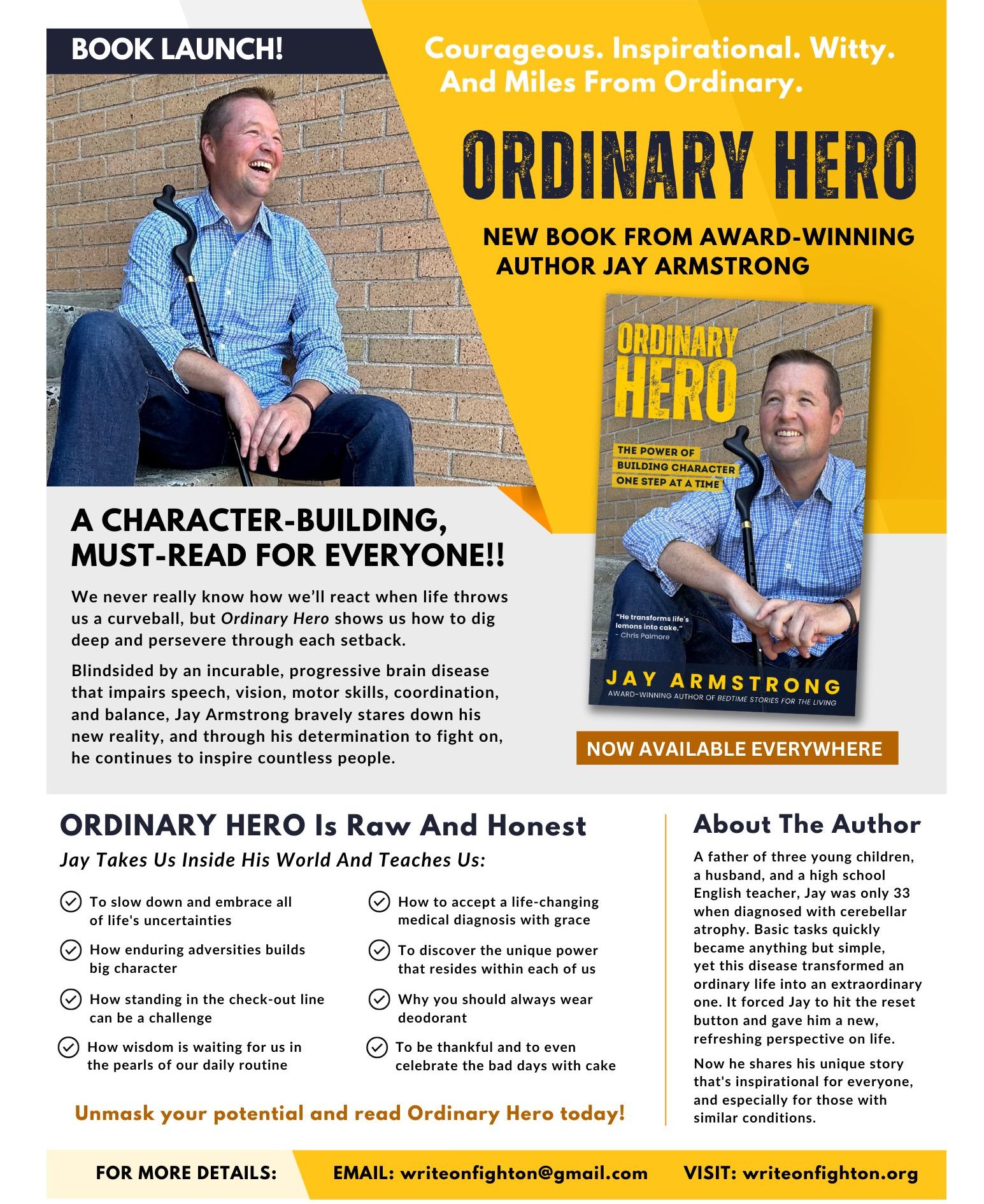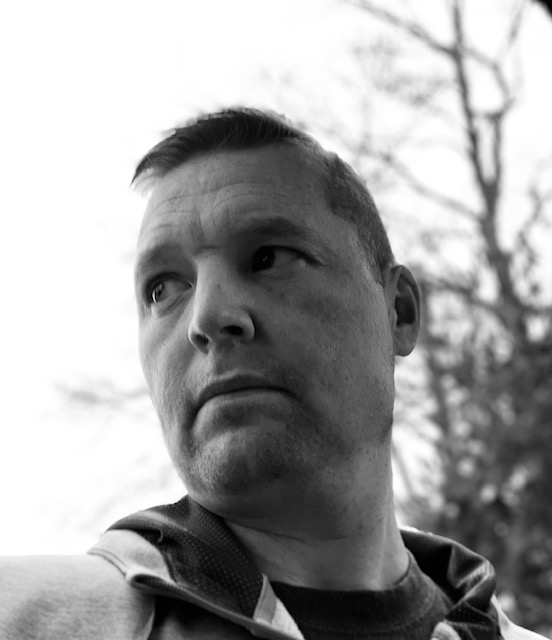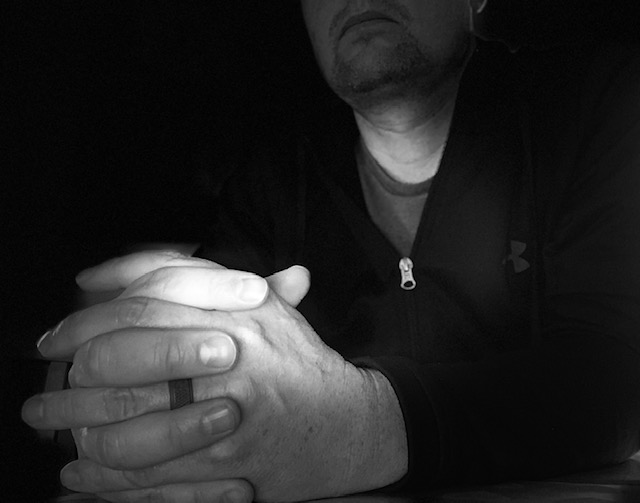Forgiving Your Family and Letting Go of Childhood Pain
Forgiving Your Family and Letting Go of Childhood Pain
Over the last 17 years as a high school teacher, many students have confided in me stories about their family life. Sadly, most of these stories are not happy ones.
Several years ago I had a student who had been in and out of foster homes as a young child. The student told me about some of their horrors: being whipped with electrical cords, repeatedly being called fat, being forced to eat out of a dog bowl.
As I listened to the student’s childhood trauma, I was saddened, and selfishly, grateful for my own loving family. I mean– my childhood was marked with love and respect. I have no family horror stories to share– so I feel like a bit of a fraud talking to you today about forgiveness and family.
This doesn’t mean my family life was and is perfect. But my “pain” does not even compare to some people I’ve talked to about their family pain.
One day the student told me about their plans after high school. They said they want to become a social worker. They said they want to help children so they don’t have endured trauma like they did. The student said they needed to return to the dark nights of their past to make the future days bright again.
Every time I think of that student and their story– I’m humbled by their young courage and aged perspective.
How many of us would not have to will to return to our childhood pain? I know I– bad knees and all– would run as fast and as far away from such hurt.
Recently, I had some intense conversations with middle-aged adults who are still dealing with family pain that transpired in their youth.
Familial hurt seems to be the most lasting hurt.
A big bummer of being human is that sometimes the people we love the most hurt us the deepest.
Of course the childhood memories of an 18 year old are fresher than a 48 year old, but from what I’ve learned that 48 year old has compounded hurt for 30 years. And this childhood hurt lays a cracked foundation on which their lives are built upon.
Childhood hurt seeps into our skin, deep into our blood and bones, and influences everything from future decisions we make to our struggle with self-worth.
Let me be clear–I don’t have the right to tell you to forgive your childhood pain.
But, assuming you’re an adult now, I have to ask: is holding onto that childhood pain helping or hurting you? Is your childhood pain compromising your adult life? Is your childhood pain affecting the way you’re raising your own children?
When we let our past pain live in the present we are defining ourselves by such pain. Our memory empowers pain. And so we nourish pain, give it shelter inside us. We give pain permission to grow with us.
Being a member of a family, even a healthy one, is hard.
Each family member has their own story and unique perspective. Each member spends their lives figuring out their part in the family machine.
Understand that a family member’s hurtful actions might be the consequence of their own private shame and guilt. It’s not fair that they take their own private pain out on you. Not at all. But it’s often the cost of being born into a family.
So what can we do today, with our family, to avoid the pain we still carry from our own childhood?
One strategy for encouraging family forgiveness is to address the issue before it becomes an issue.
Unless you’re a member of the Corleone family, you can make forgiveness the family business. You can work on communicating feelings before those feeling turn into silence which can quickly morph into resentment. And, let’s be honest, if children see their parents holding grudges and seeking vengeance like an Italian crime boss, children will assume that is the correct way to deal with hurt.
By resisting forgiveness in our own lives we are compromising our children’s future relationships.
I’ve been working on some strategies to help people become more forgiving of themselves and others. There is growing research that of habitual practice of forgiveness is both physically and psychologically beneficial. Which makes sense– our physical and psychological stress are caused by holding on to and suppressing discomforts. Forgiveness is letting go and learning to breath again.
This month’s forgiveness strategy when dealing with family issues is to schedule a time to talk about the issues before the issues become hurts.
Whether it’s with your children or your spouse set a time and place to talk about the issue that has caused hurt. Like the way you would schedule a doctor’s appointment.
Scheduling a mutually agreed time to talk to a specific family member about a specific issue allows each person to prepare for the talk but eliminates the surprise conversation about a possibly uncomfortable subject.
Like after a 10 hour work day and a 2 hour commute, you’re simply not in the right mental and emotional state to have a healthy conversation about a serious issue. You need a couch and a beer.
A family issue that silently festers is dangerous. Scheduling time to talk about the elephant in the room is proactive and allows you to get out in front of the elephant. And if the elephant does need forgiveness, this scheduled discussion lays vital groundwork for forgiving.
Be well,
Jay
PS–I recently read “The Book of Forgiving” By Desmond Tutu and his daughter Mpho Tutu.
The book has offered me some valuable insights into my own misconceptions and truths regarding forgiveness. These myths and truths have helped me on my own Forgiveness Journey and I hope they help you. I plan to expand this list throughout the yearlong Forgiveness Journey. Here is what I have so far…
Forgiveness Myths and Truths
Myth: Forgiveness is only a religious experience.
Truth: Forgiveness is a human experience that everyone has a right to.
Myth: Forgiveness is weakness.
Truth: Forgiveness is not weakness. Forgiveness requires much more courage than anger and avoidance.
Myth: Forgiveness requires outside validation.
Truth: Forgiveness is a personal, choice that does not need outside validation. Forgiveness can be a private choice and does not need to be announced.
Myth: By forgiving someone you’re validating their hurtful behavior.
Truth: Forgiveness does not validate hurtful behavior. Justice, by rightful means, and forgiveness are not the same.
Myth: Forgiveness can be granted whenever you feel it’s needed.
Truth: To achieve lasting results, forgiveness needs to be a regular practice.
Myth: Forgiveness means forgetting.
Truth: Forgiveness means we become aware of the hurt, accept the hurt, tell others about the hurt, and allow the hurt to better our relationships.
My 2020 resolution is to learn more about and practice more forgiveness. There is growing research that forgiveness is the key to a happier and healthy life. Check out my forgiveness journey and share with someone you think may be interested.
Need some encouragement? Some reassurance? Need to stay positive? This hardworking, suburban soccer dad with fancy hair can help. Subscribe and, like a pizza, get my posts delivered to your door ( your email inbox).




